The wireless carrier price wars continue this weekend as AT&T and T-Mobile respectively announced price cuts and new data incentives for subscribers.
T-Mobile on Friday announced Simple Choice customers will soon have 1GB of 4G LTE data per month added to their account for free, effectively doubling the amount data previously allotted to the entry-level price tier. More data is available in 2GB chunks for an additional $10 per month.
Simple Choice customers will also get unlimited global texting from the U.S. and while abroad from 122 countries and destinations.
Along with the bonus data, the telecom quietly raised the price of its unlimited 4G LTE data option to $30, up from $20 per month. Terms still include 5GB of tethered data use.
T-Mobile's new pricing scheme is scheduled to take effect on Mar. 23, while the unlimited texting feature is set for activation in April.
As for AT&T, the nation's second-largest wireless telecom announced plans to cut pricing for single- and two-line no-contract accounts.
Starting Sunday, single-line Mobile Share Value plans will drop $15 to start at $65 for 2GB of data, unlimited talk and text, unlimited international messaging and 50GB of cloud storage. Two-line accounts start at $90 for the same services.
To go along with the new deal, AT&T is offering a $100 bill credit for activating a new line of postpaid service, including smartphones, tablets, mobile hotspots and feature phones.
 AppleInsider Staff
AppleInsider Staff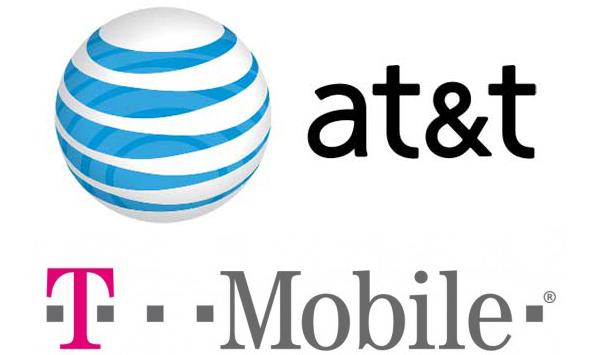




-m.jpg)


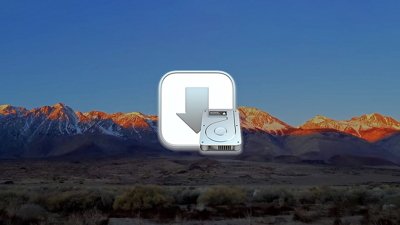
 Chip Loder
Chip Loder
 Oliver Haslam
Oliver Haslam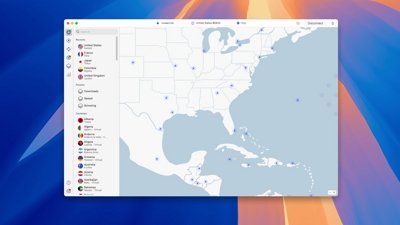
 Malcolm Owen
Malcolm Owen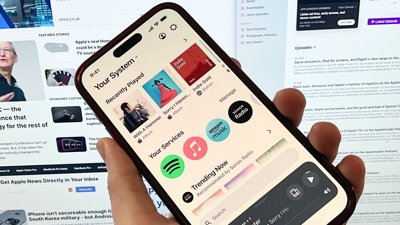
 William Gallagher
William Gallagher
 Amber Neely
Amber Neely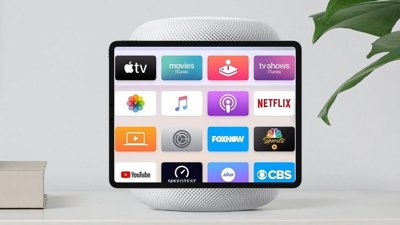

 Andrew Orr
Andrew Orr








87 Comments
Maybe now we can start seeing mobile rates rapidly start falling to reasonable levels. Hopefully we can also force the government to remove its head from its ass, breakup the cable company monopolies, and get cable and internet service fees lowered as well, and land based internet speeds increased dramatically to competitive international levels.
[quote name="FreeRange" url="/t/162939/at-t-drops-price-of-2gb-no-contract-plan-by-15-t-mobile-doubles-down-on-simple-choice#post_2483704"]Maybe now we can start seeing mobile rates rapidly start falling to reasonable levels. Hopefully we can also force the government to remove its head from its ass, breakup the cable company monopolies, and get cable and internet service fees lowered as well, and land based internet speeds increased dramatically to competitive international levels.[/quote] Why would the government break up a monopoly that they awarded in the first place? What's a reasonable level? Everyone is applauding T-Mobile but they just got the worst ratings. It's laughable that you don't want your phone manufacturer to get into a race to the bottom but you want your carrier to do just that.
I think the USA cell phone use could become as advanced as Europe and Japan if the carriers would allow it.
Maybe now we can start seeing mobile rates rapidly start falling to reasonable levels. Hopefully we can also force the government to remove its head from its ass, breakup the cable company monopolies, and get cable and internet service fees lowered as well, and land based internet speeds increased dramatically to competitive international levels.
As I understand it, city governments awarded licenses to cable companies to install fiber and coax throughout neighborhoods in exchange for exclusive rights to provide service to the customers in those areas. The exclusive contracts allowed the cable companies to recoup their investment over a specified number of years. In most cases the cable runs through conduits which are either under city streets or under the greenway which both actually belong to the city. After the specified length of the contract, the city would allow other providers to also pull fiber through the conduit thus offering competition. The specifics of the contract and licenses are not universal and vary from city to city. I believe the same type of agreements extend to above ground installations.
In other words, there is no oversight from any federal agency to regulate the cable industries with respect to fixed infrastructure within the cities that they serve. Net neutrality is a completely different subject and has almost nothing to do with the last mile of Internet delivery. So there is no chance that the cable companies will be broken up, as you say, unless one of them becomes a monopoly, which might be closer to happening with the TWC purchase by Comcast, but we are still a long way off from that mega-cable company becoming a monopoly.
Personally, I would like to see Apple enter this business segment and offer citywide free wifi but only to Apple devices.
As I understand it, city governments awarded licenses to cable companies to install fiber and coax throughout neighborhoods in exchange for exclusive rights to provide service to the customers in those areas. The exclusive contracts allowed the cable companies to recoup their investment over a specified number of years. In most cases the cable runs through conduits which are either under city streets or under the greenway which both actually belong to the city. After the specified length of the contract, the city would allow other providers to also pull fiber through the conduit thus offering competition. The specifics of the contract and licenses are not universal and vary from city to city. I believe the same type of agreements extend to above ground installations.
In other words, there is no oversight from any federal agency to regulate the cable industries with respect to fixed infrastructure within the cities that they serve. Net neutrality is a completely different subject and has almost nothing to do with the last mile of Internet delivery. So there is no chance that the cable companies will be broken up, as you say, unless one of them becomes a monopoly, which might be closer to happening with the TWC purchase by Comcast, but we are still a long way off from that mega-cable company becoming a monopoly.
Personally, I would like to see Apple enter this business segment and offer citywide free wifi but only to Apple devices.
I'm trying to imagine the shitstorm that would ensue if Apple did that, and I am finding my imagination lacking in this case. :)